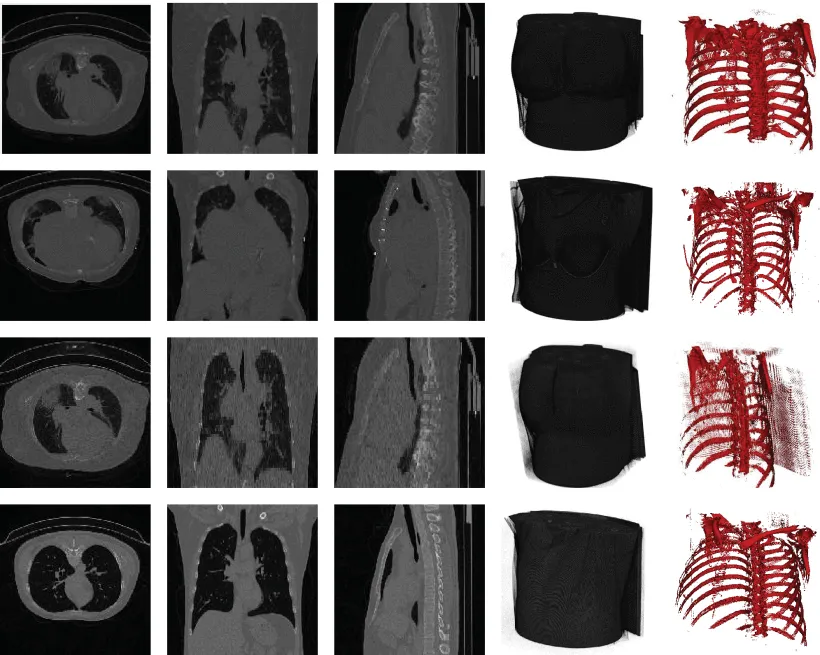Blockchain-Federated-Learning and Deep Learning Models for COVID-19 Detection Using CT Imaging
The highly-contagious nature of coronavirus (COVID-19) overwhelmed the world and soon became a pandemic. The rapidly evolving virus strains and varied symptoms challenged the adequacy and competency of the existing diagnostic systems. More diversified deep-learning-based Artificial Intelligence models that can gather and train on datasets collected from multiple sources globally are required. The biggest challenge in such data collaboration is the authentication of data and the privacy of patients.
Besides the pathological tests of the throat and nasopharyngeal swabs, radiological examination of chest scanning through CT and X-ray imaging was also studied to recognize the lungs' infections for the diagnosis of COVID-19. However, most deep learning models using CT scan images suffered from sensitivity and accuracy due to the lack of training data.
A novel blockchain-based federated learning framework was proposed that uses data from multiple hospitals to diagnose COVID-19 patients using lung CT scans. A Federated learning model of artificial intelligence (AI) has each local source train a model, creating a collection of models, which, in turn, are trained collaboratively to create a global model. A blockchain-based algorithm can ensure data accuracy from various sources while preserving confidentiality.
A two-stage normalization technique was applied to deal with the data heterogeneity. Spatial normalization handles the dimension and resolution of the CT scans, while signal normalization standardizes the voxel intensity of the scanners.
The federated-learning network trains models by extracting and classifying the prominent features of an image. A 4-layered capsule-network segmentation module, SegCap, was used for this. The activation layer of the module creates a capsule to represent the instantiation parameters of a specific component using a vector. The dynamic agreement of multiple capsule predictions leads to the instantiation of a new capsule in the subsequent, higher level of the module. This routing by agreement of the capsules continues till an ideal distribution is reached.
This locally trained model contains only disease-related parameters and can be shared globally without concern for patient privacy leaks. A multi-organization decentralized architecture using blockchain technology was applied to solve data-sharing and retrieval requests between collaborating health centers. The participating hospitals' respective local models and unique IDs are stored in the blockchain database. A deep-learning algorithm trains a global model by using the local models provided by hospitals. The new global model then becomes the reference for local learning by the hospitals.
Another blockhead of any AI model is the limited availability of relevant data for training. A collected dataset CC-19 used in the present system contained 34000 CT scan slides of 89 patients with 68 confirmed positive cases. After preprocessing the raw data, approximately 11,450 CT scan slides were used for testing.
The blockchain federated-learning network was compared against other deep-learning networks such as VGG16, AlexNet, Inception V3, ResNet 50-152 layers, MobileNet, and DenseNet on the CC-19 dataset. The present network outperformed the benchmark networks and could attain better disease predictability. The accuracy increased with the increased number of hospitals on the network.
The presented framework can collect real-time data from various sources worldwide and train a collaborative deep learning model with a small amount of data. Federated learning models provide a more accurate prediction of the COVID-19 variant. With more data sharing, a better global model could be developed.




